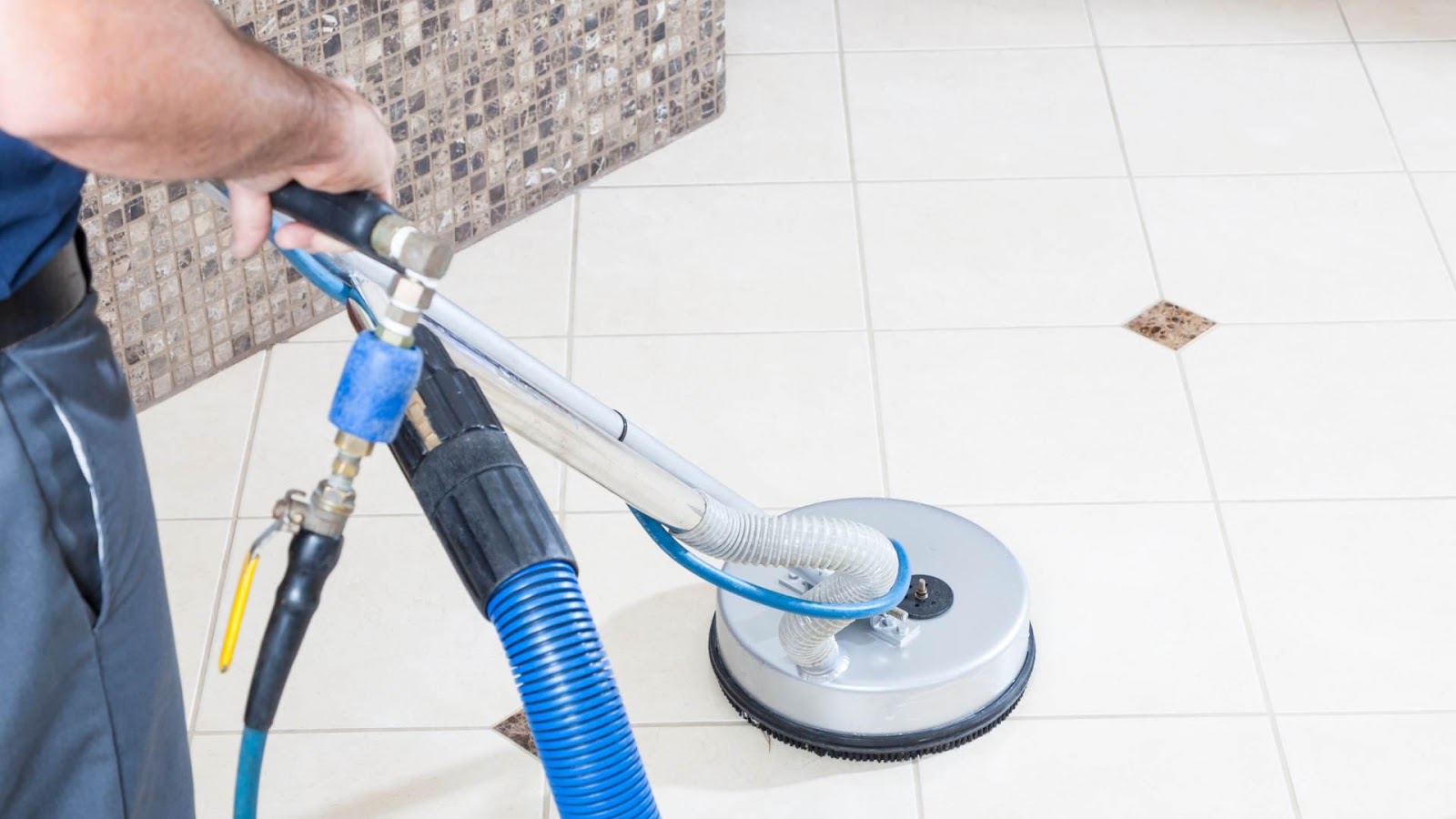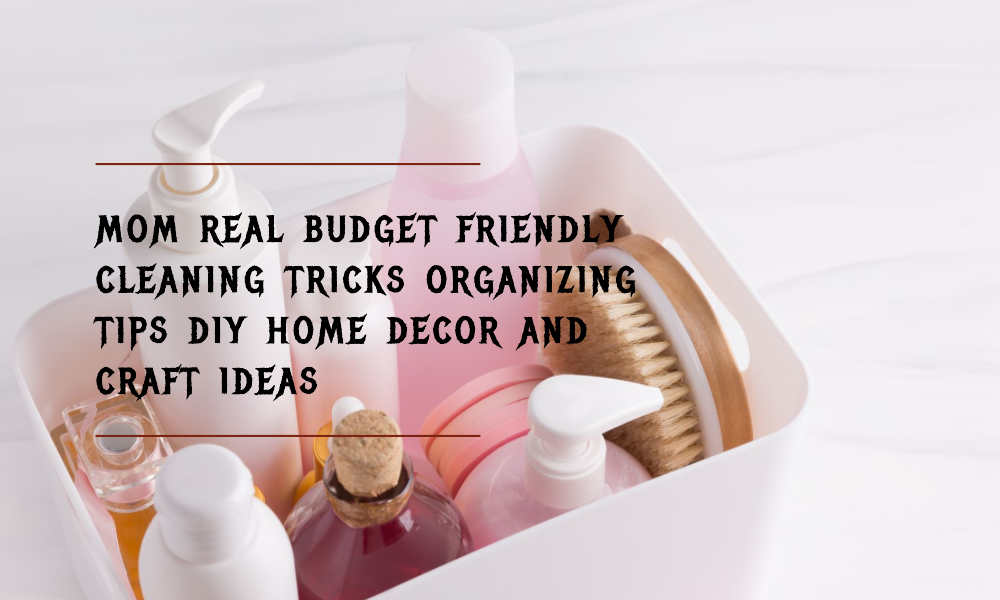Grout, that often-overlooked material between your tiles, plays a crucial role in maintaining the integrity and aesthetics of your tiled surfaces. While it may seem insignificant, neglected grout can lead to a host of problems, with mold and mildew being among the most concerning. In this blog post, we’ll discuss the hidden dangers of neglected grout and explore how mold and mildew can impact not only the appearance but also the health of your home.
1. Unsightly Stains and Discoloration
One of the most visible consequences of neglected grout is the unsightly stains and discoloration that can develop over time. Grout is porous, making it susceptible to absorbing moisture and dirt. When moisture gets trapped in grout lines, it creates an ideal environment for mold and mildew to thrive. These fungal growths can cause your grout to appear discolored, dingy, and unattractive.
2. Weakening of Grout and Tiles
Mold and mildew growth can weaken the grout and the tiles themselves. As these fungi expand and penetrate the grout lines, they can gradually erode the material, leading to weakened structural integrity. In severe cases, mold and mildew can even cause tiles to become loose or crack, posing a safety hazard and requiring costly repairs.
3. Health Risks
Beyond the damage to your tiled surfaces, mold and mildew present health risks to you and your family. Mold spores released into the air can exacerbate respiratory issues, allergies, and asthma. Exposure to mold and mildew can lead to symptoms such as coughing, sneezing, congestion, and skin irritation. In individuals with compromised immune systems, mold exposure can be particularly dangerous.
4. Unpleasant Odors
Neglected grout with mold and mildew growth often emits unpleasant and musty odors. These odors can permeate your living space, making it less inviting and comfortable. Removing the source of these odors by addressing the mold and mildew problem is essential for maintaining a fresh and healthy indoor environment.
5. Rapid Spreading
Mold and mildew are resilient and can spread rapidly if not addressed promptly. What may start as a small patch of mold in your grout lines can quickly become a widespread issue. As they grow and release more spores, the problem can become increasingly difficult and expensive to resolve.
6. Allergies and Respiratory Issues
For individuals with allergies, mold and mildew in neglected grout can exacerbate their symptoms. The allergenic components of mold spores can trigger allergic reactions, leading to sneezing, itchy eyes, runny nose, and skin rashes. Those with asthma may experience worsened symptoms, including coughing, wheezing, and shortness of breath.
7. Costly Remediation
If mold and mildew are left unattended for too long, the remediation process can be expensive and time-consuming. In severe cases, it may involve not only removing and replacing the affected grout but also addressing underlying moisture issues that contributed to the problem in the first place. Timely maintenance and cleaning can help prevent these costly issues.
8. Negative Impact on Resale Value
The presence of mold and mildew in grout can significantly detract from the resale value of your home. Potential buyers may be put off by the prospect of having to deal with mold-related issues, leading to a lower selling price or extended time on the market.
Prevention and Remediation
Preventing mold and mildew growth in grout starts with regular cleaning and maintenance. Here are some tips to keep your grout mold-free:
- Regular Cleaning: Clean your grout regularly using a mixture of warm water and a mild detergent. Avoid using harsh chemicals that can damage the grout or be harmful to your health.
- Proper Ventilation: Ensure good ventilation in areas prone to moisture, like bathrooms and kitchens, to prevent excess humidity and moisture buildup.
- Sealing: Consider sealing your grout to make it less porous and more resistant to moisture penetration. Grout sealers create a protective barrier that can help deter mold and mildew growth.
- Prompt Repairs: Address any cracks or gaps in your grout promptly to prevent moisture from seeping in and creating a breeding ground for mold and mildew.
- Professional Cleaning: Periodically, enlist the services of professional tile and grout cleaners who have the expertise and tools to remove mold and mildew effectively.
In conclusion, neglected grout can harbor hidden dangers in the form of mold and mildew, impacting both the aesthetics and health of your home. Regular cleaning, maintenance, and preventive measures are essential to keep your grout mold-free and ensure the longevity of your tiled surfaces. By taking proactive steps, you can maintain a clean, healthy, and beautiful living space for you and your loved ones.





